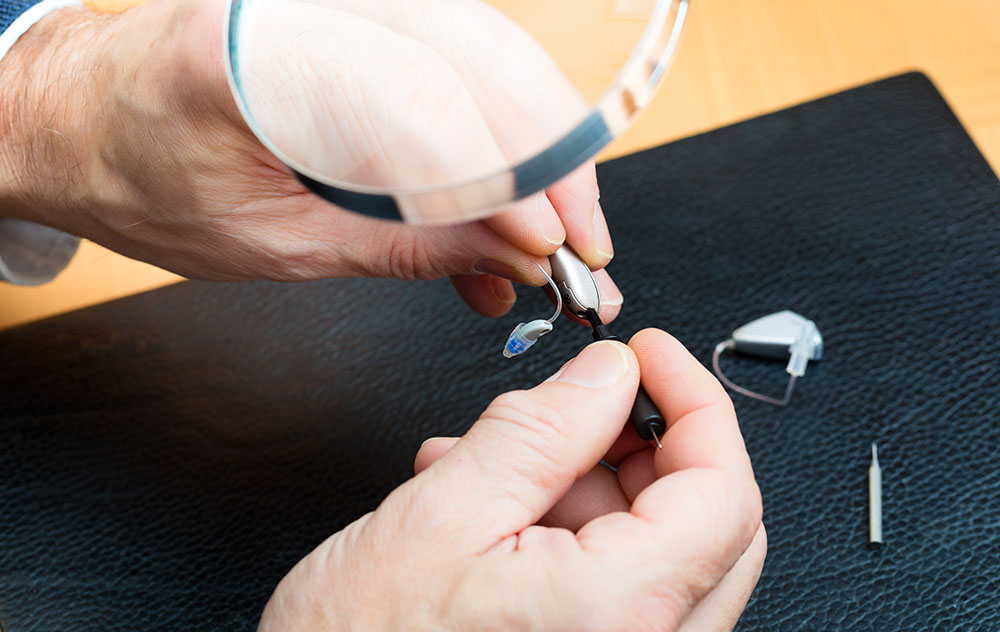The Importance of Continuing Care in Hearing Loss Management
Managing hearing loss isn’t just about getting a hearing aid or


Managing hearing loss isn’t just about getting a hearing aid or

Have you heard the term hearing instrument specialist (HIS) before? If

Are subtle signs of hearing loss making themselves known? If so, it might